Re-Imagining Agroecological Futures through Landscape Urbanism
At this year’s Oxford Real Farming Conference, a coming together of minds & ideas to radically reimagine our countryside’s future, students from London’s Architectural Association presented ongoing research. As Luke Neve discovered, groups from the Master’s degree in Landscape Urbanism visually presented their ideas to reinvigorate rurality.
When you buy fruit and vegetables at a supermarket do you ever think about where they come from? Do you wonder about who spent the time nurturing and caring for the food you’re buying? Do you imagine the journey they undertook to get to the shelves you stand in front of? Do you question how government policy could help or hinder these processes?
All these topics and more were explored at the 15th anniversary of the Oxford Real Farming Conference which ran over two early January days. A bewildering programme of over 150 sessions brought together farmers, growers, activists, policymakers, and researchers, all who are aiming to transform our food and farming system for the better of our planet and people.
![]()
![]()
This year's sessions explored critical national and international issues for food and farming through economic and ecological crises, land justice and The Commons, youth activism and ancestral practices. A number of themes emerged from the conference itself including Ancestral knowledge and the connection to the land with presentations including women farmers from Andhra Pradesh who are building a movement to scale up agroecology currently standing at 6 million participants and counting. By doing this work they hope to end rural poverty collectively transforming the food they grow, their families’ health, and increasing their income whilst working to distribute their effective climate resilient methods to other regions and cultures.
This sharing of advice could also be seen in other sessions that reported from the front lines of climate change such as a talk from La Junquera who are part of a major movement to build a wildlife barrier in the south of Spain, through nature restoration projects and farms, to prevent the encroachment of such development and to welcome young people back to rural areas. The Next Generation of farmers UK were also explored with Intergenerational farming sessions such as The Youth Convergence on Land Justice, bringing people aged 16-24 from across the UK to discuss issues and opportunities young people face in land work.
![]()
![]()
Tucked into the last day of the conference, hosted at the Museum of Oxford in the town hall, was a presentation of work exploring the potential impact of involving landscape-oriented designers with agricultural policy development. Re-Imagining Agroecological Futures displayed the work of five projects from students from recent years of the Architectural Association’s Landscape Urbanism course.
The work on display, like the Oxford Real Farming conference itself, aimed to amplify the often-undervalued voices of UK farmers and aspired to creatively communicate both the positive and negative impacts of government policy on their livelihoods. Presented across six A0 boards, the word exhibition may be a bit of a stretch, though the content and materials on display expressed a deep, creative exploration of the subject.
Students were tasked with conjuring up visions of a transformed agroecological farming future across the UK influenced by rules set out by current local and national policy through interpretive illustrations and extensive research, with each of the projects on display addressing the challenges of a transition towards an Agroecological focused future.
![]()
![]()
![]()
Real Farming Engine by Jingfei Liu, Shurui Han, Xin Zang, and Wenzhuo Wu looked at the potential of data sharing across the food system to promote collaboration and encourage transparency in the food supply chain. An expressive axonometric drawing based on the Apricot Centre, a sustainable farm in Totnes, and permaculture design principles illustrates the potential local benefits to this approach.
![]()
Runqi Ye, Wenxue Hu, Parth Mehta, and Reshma Susan Mathew presented One Planet Wales, looking to find ways to expand The One Planet Development Policy which was introduced by the Welsh Government in 2011 with aims to reduce individual Ecological Footprints of residents in Wales, lowering the country’s net emissions. By Identifying several loopholes and imbalances in the policy itself the work proposed a new system that empowers local communities and builds a more resilient future for the land itself.
![]()
![]()
Using Wakelyns Farm, an agroforestry and agroecological hub in Suffolk, as an example of how to successfully stack different types of enterprises, Planet of Fields investigates how existing policies could be modified to transition areas of greenbelt land around Bristol into productive alternatives to industrial agriculture. Antonio Garaycochea, Jegan Muralidharan, and Khushboo Prashant developed a vision that demonstrates what this would look like in practice: rolling hills covered in trees interspersed with enterprises delivering new novel products such as straw panels for construction.
![]()
![]()
![]()
Set in The Valleys, South Wales, Just Transition looked at how the UK energy transition apparatus causes impacts on a range of levels from greenwashing policies to local forests. By investigating these policies, Elena Luciano, Rafael Caldera, and Yasmina Yehia proposed a community forestry model for the local area: Welcome to Our Woods. By acquiring 11 hectares of land the project would reshape the local economy through community owned woodlands. In addition to this, the group planned out the economic viability of the project and developed a community woodland handbook in collaboration with a forestry expert to empower local people to take charge.
![]()
![]()
![]()
A handbook to help engage local people was also proposed in Re-Wilding UK. Ongoing rewilding projects resulting from the UK’s new Agriculture Framework, itself based on the Environmental Land Management Scheme that replaced the Common Agricultural Policy as a result of Brexit, have created potential friction between how we ‘share or spare’ land for growing food or rewilding. To address this imbalance, Carlotta Olivari, Zhuqing Li, and Yuanyuan Huang proposed a gradient of rewilding actions to re-establish a reciprocal relationship between human and non-human processes.
Re-Imagining Agroecological Futures is a testament to the transformative power of interdisciplinary collaboration involving creativity, policy, and communication, that deftly explores the potential outcomes of complex policy applications in agriculture. It’s clear that the conversations that they had with the live projects had a considerable influence over the work on display – the creative illustrations, models, and diagrams showcased throughout the work in the exhibition captured the essence of sustainable practices, serving as a source of inspiration for coexistence between nature and the built environment.
All of the projects touched on themes of a just transition to an agroecological future with careful consideration on what that might look like, who it could impact and how local communities could be involved and brought along as part of the process. The research work of the Architectural Association’s Landscape Urbanism course is ongoing, with final iterations of work from Planet of Fields, Real Farming Engine and One Planet Wales shown at their degree show based at their London Campus in June 2024.
All these topics and more were explored at the 15th anniversary of the Oxford Real Farming Conference which ran over two early January days. A bewildering programme of over 150 sessions brought together farmers, growers, activists, policymakers, and researchers, all who are aiming to transform our food and farming system for the better of our planet and people.

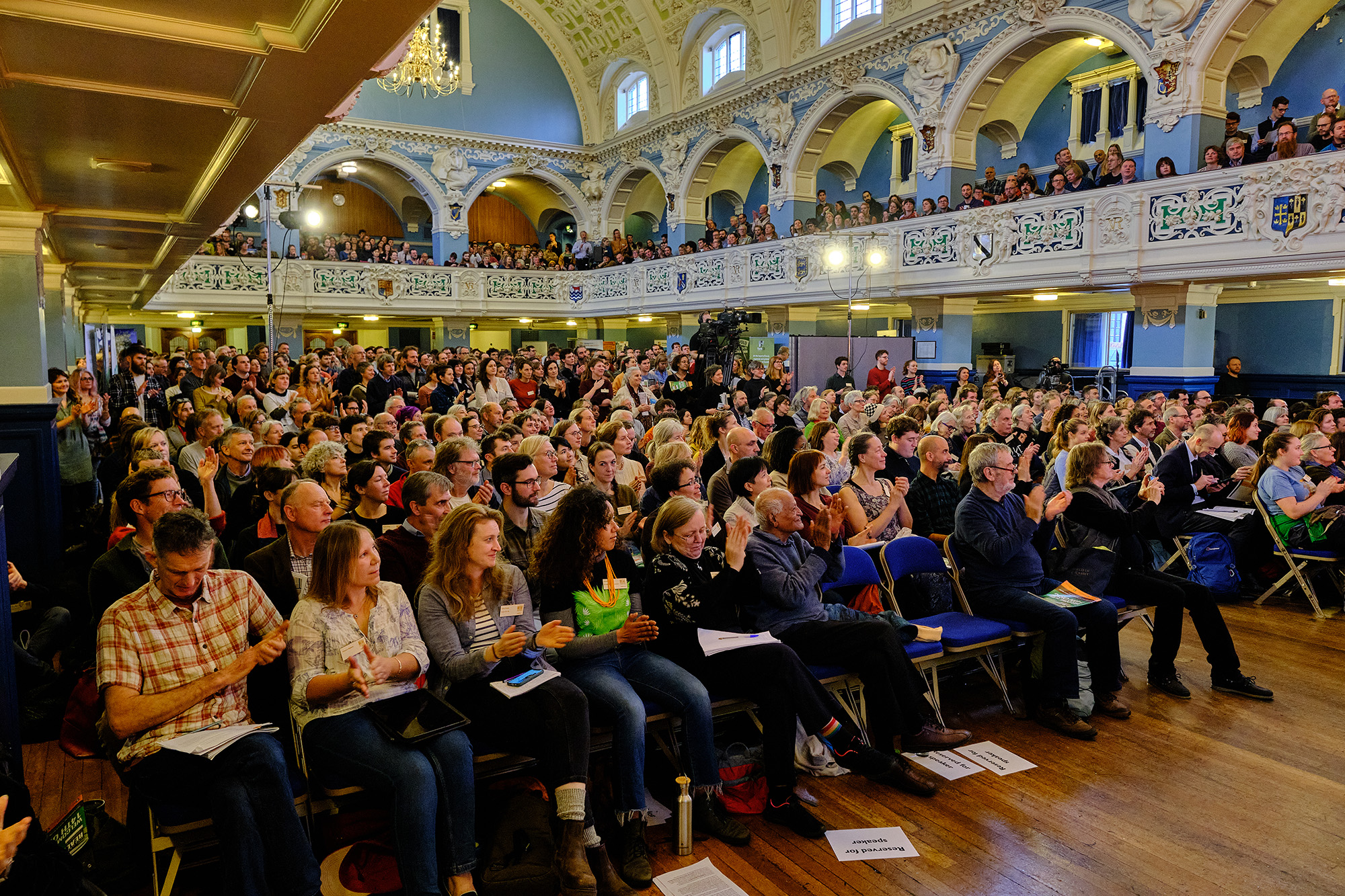
figs.i,ii
This year's sessions explored critical national and international issues for food and farming through economic and ecological crises, land justice and The Commons, youth activism and ancestral practices. A number of themes emerged from the conference itself including Ancestral knowledge and the connection to the land with presentations including women farmers from Andhra Pradesh who are building a movement to scale up agroecology currently standing at 6 million participants and counting. By doing this work they hope to end rural poverty collectively transforming the food they grow, their families’ health, and increasing their income whilst working to distribute their effective climate resilient methods to other regions and cultures.
This sharing of advice could also be seen in other sessions that reported from the front lines of climate change such as a talk from La Junquera who are part of a major movement to build a wildlife barrier in the south of Spain, through nature restoration projects and farms, to prevent the encroachment of such development and to welcome young people back to rural areas. The Next Generation of farmers UK were also explored with Intergenerational farming sessions such as The Youth Convergence on Land Justice, bringing people aged 16-24 from across the UK to discuss issues and opportunities young people face in land work.


figs.iii,iv
Tucked into the last day of the conference, hosted at the Museum of Oxford in the town hall, was a presentation of work exploring the potential impact of involving landscape-oriented designers with agricultural policy development. Re-Imagining Agroecological Futures displayed the work of five projects from students from recent years of the Architectural Association’s Landscape Urbanism course.
The work on display, like the Oxford Real Farming conference itself, aimed to amplify the often-undervalued voices of UK farmers and aspired to creatively communicate both the positive and negative impacts of government policy on their livelihoods. Presented across six A0 boards, the word exhibition may be a bit of a stretch, though the content and materials on display expressed a deep, creative exploration of the subject.
Students were tasked with conjuring up visions of a transformed agroecological farming future across the UK influenced by rules set out by current local and national policy through interpretive illustrations and extensive research, with each of the projects on display addressing the challenges of a transition towards an Agroecological focused future.
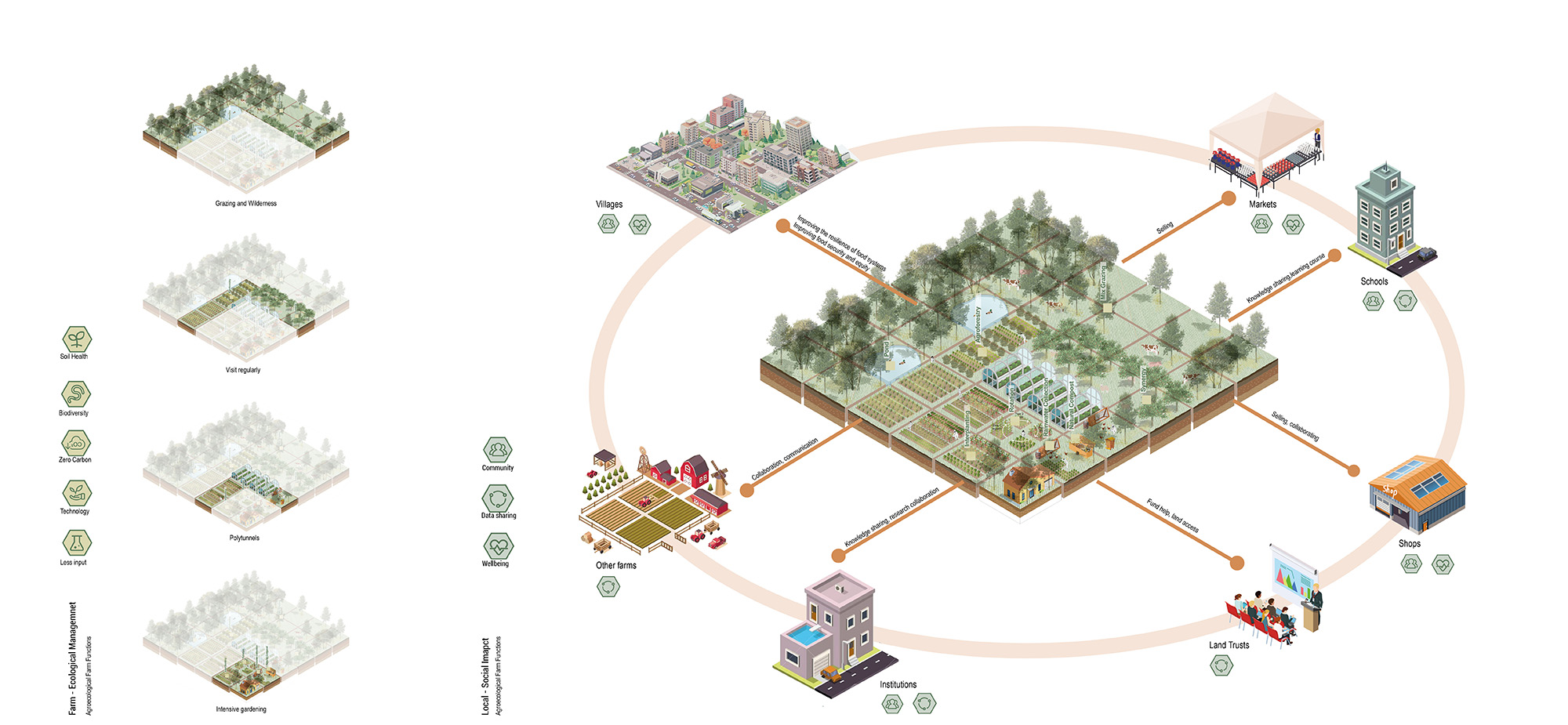


figs.v-vii - Real Farming Engine by Jingfei Liu, Shurui Han, Xin Zang & Wenzhuo Wu
Real Farming Engine by Jingfei Liu, Shurui Han, Xin Zang, and Wenzhuo Wu looked at the potential of data sharing across the food system to promote collaboration and encourage transparency in the food supply chain. An expressive axonometric drawing based on the Apricot Centre, a sustainable farm in Totnes, and permaculture design principles illustrates the potential local benefits to this approach.

fig.viii - One Planet Wales by Runqi Ye, Wenxue Hu, Parth Mehta & Reshma Susan Mathew
Runqi Ye, Wenxue Hu, Parth Mehta, and Reshma Susan Mathew presented One Planet Wales, looking to find ways to expand The One Planet Development Policy which was introduced by the Welsh Government in 2011 with aims to reduce individual Ecological Footprints of residents in Wales, lowering the country’s net emissions. By Identifying several loopholes and imbalances in the policy itself the work proposed a new system that empowers local communities and builds a more resilient future for the land itself.

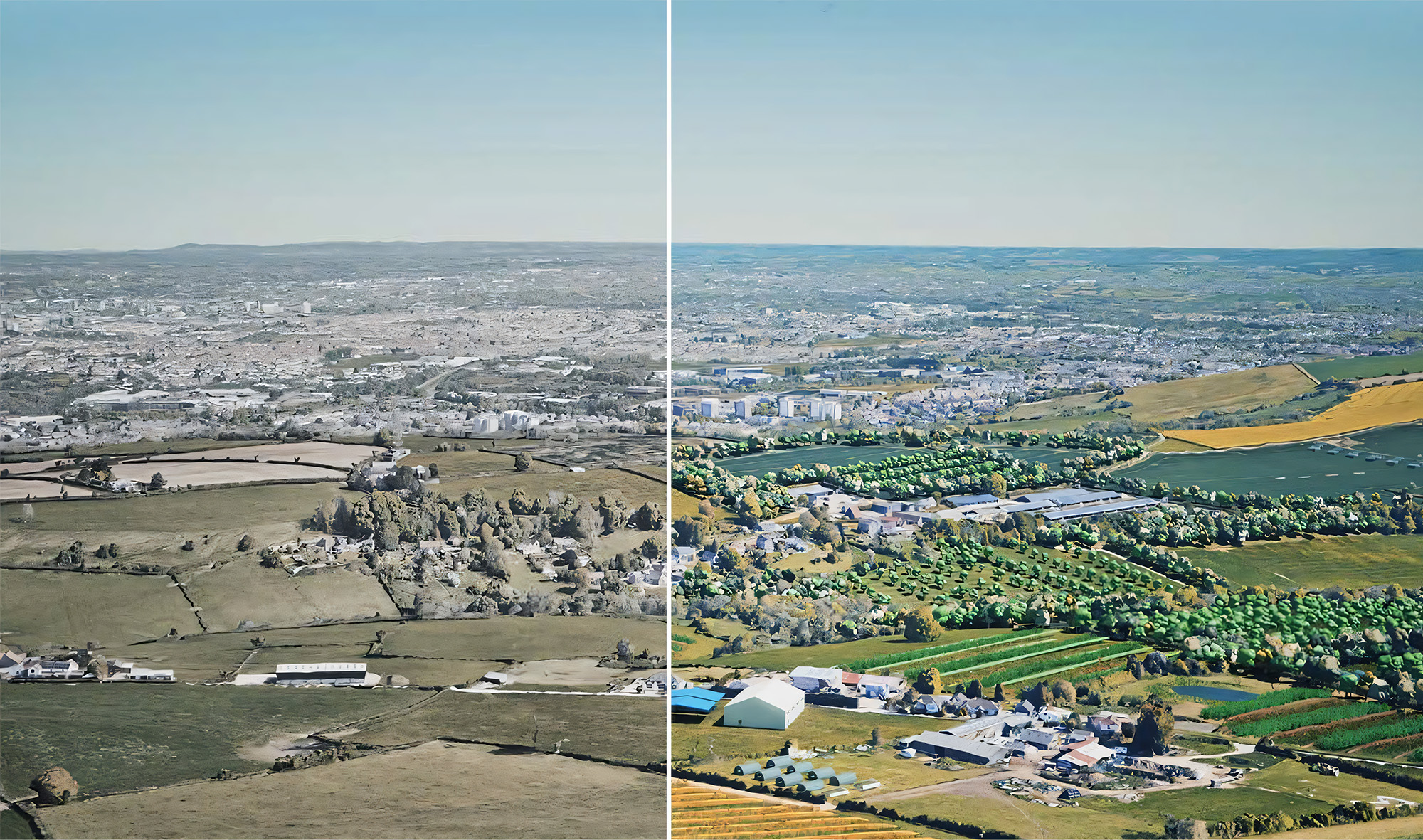
figs.ix,x - Planet of Fields by Antonio Garaycochea, Jegan Muralidharan & Khushboo Prashant
Using Wakelyns Farm, an agroforestry and agroecological hub in Suffolk, as an example of how to successfully stack different types of enterprises, Planet of Fields investigates how existing policies could be modified to transition areas of greenbelt land around Bristol into productive alternatives to industrial agriculture. Antonio Garaycochea, Jegan Muralidharan, and Khushboo Prashant developed a vision that demonstrates what this would look like in practice: rolling hills covered in trees interspersed with enterprises delivering new novel products such as straw panels for construction.
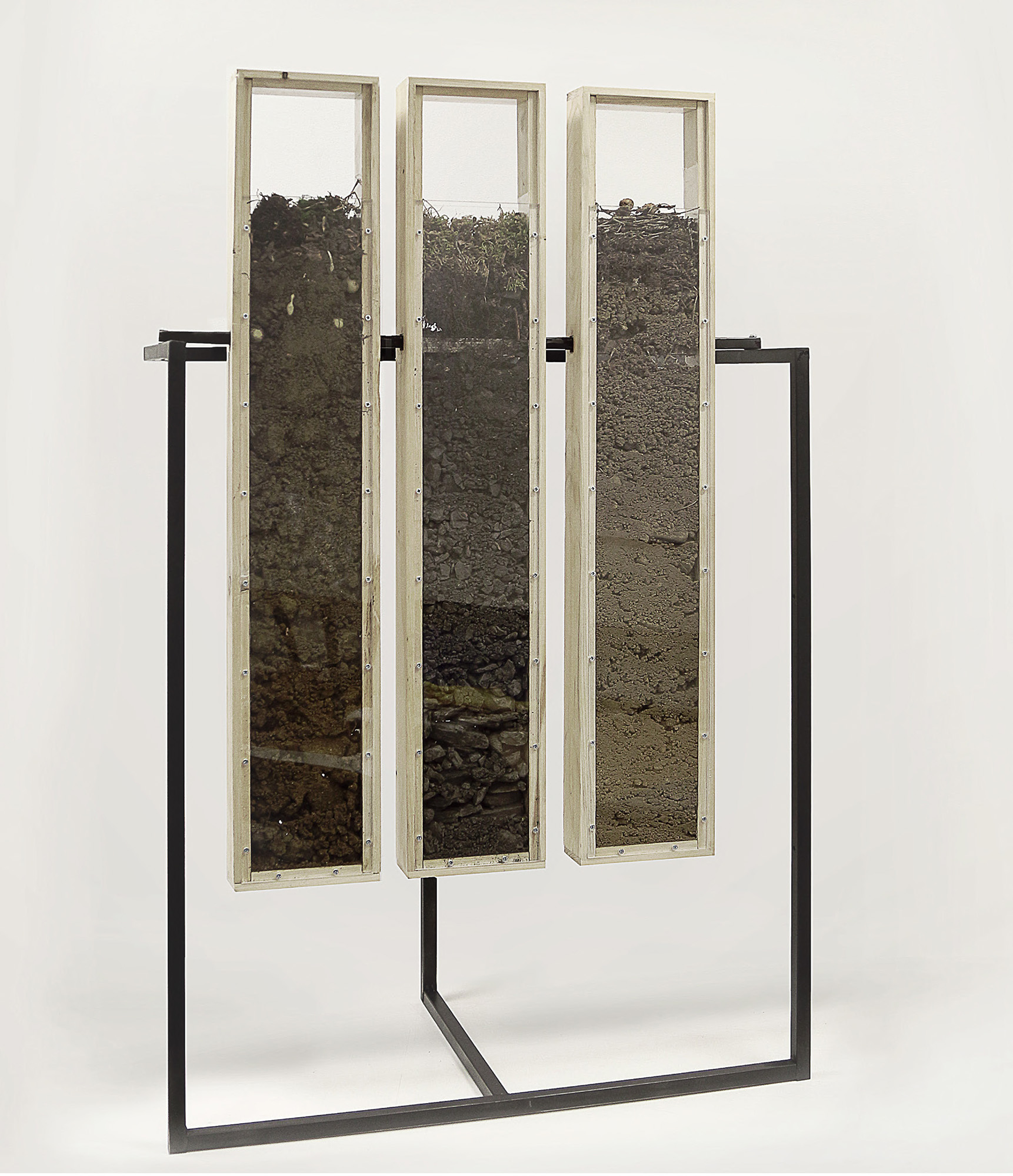

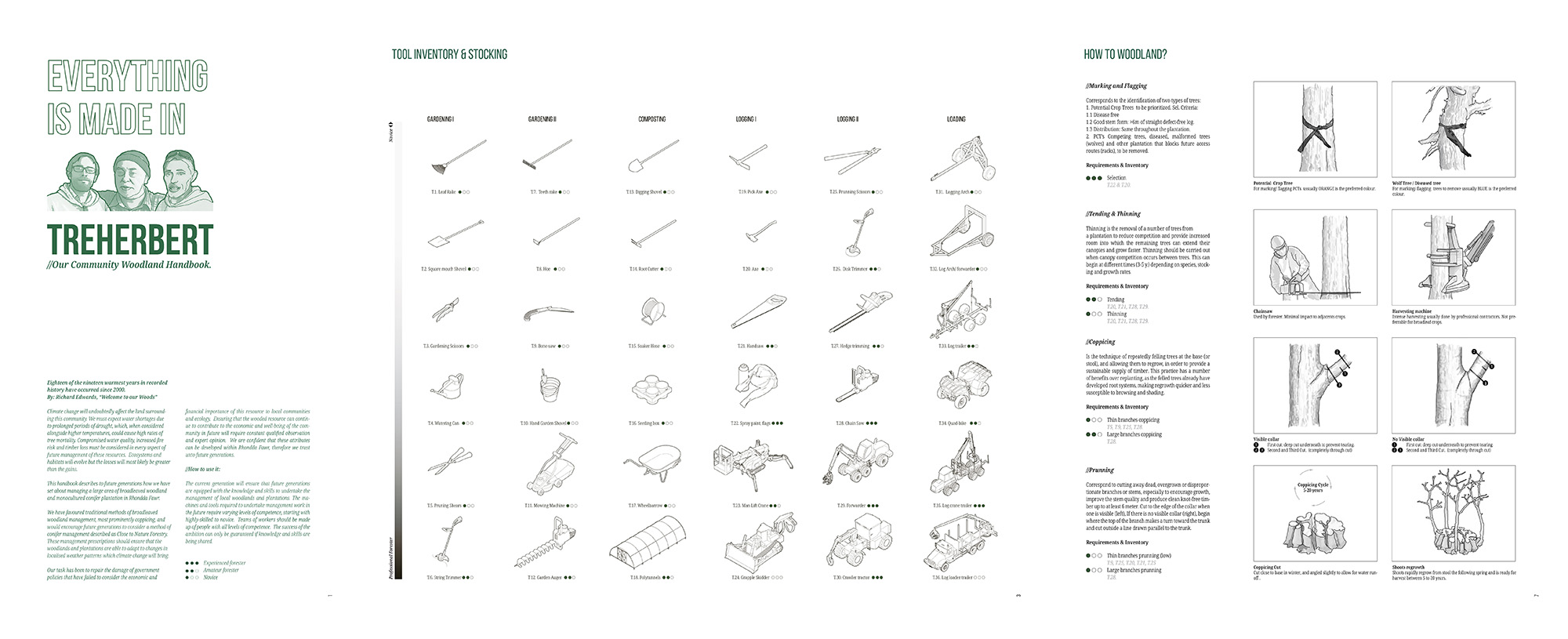
figs.xi-xxiii - Just Transition by Elena Luciano, Rafael Caldera & Yasmina Yehia
Set in The Valleys, South Wales, Just Transition looked at how the UK energy transition apparatus causes impacts on a range of levels from greenwashing policies to local forests. By investigating these policies, Elena Luciano, Rafael Caldera, and Yasmina Yehia proposed a community forestry model for the local area: Welcome to Our Woods. By acquiring 11 hectares of land the project would reshape the local economy through community owned woodlands. In addition to this, the group planned out the economic viability of the project and developed a community woodland handbook in collaboration with a forestry expert to empower local people to take charge.


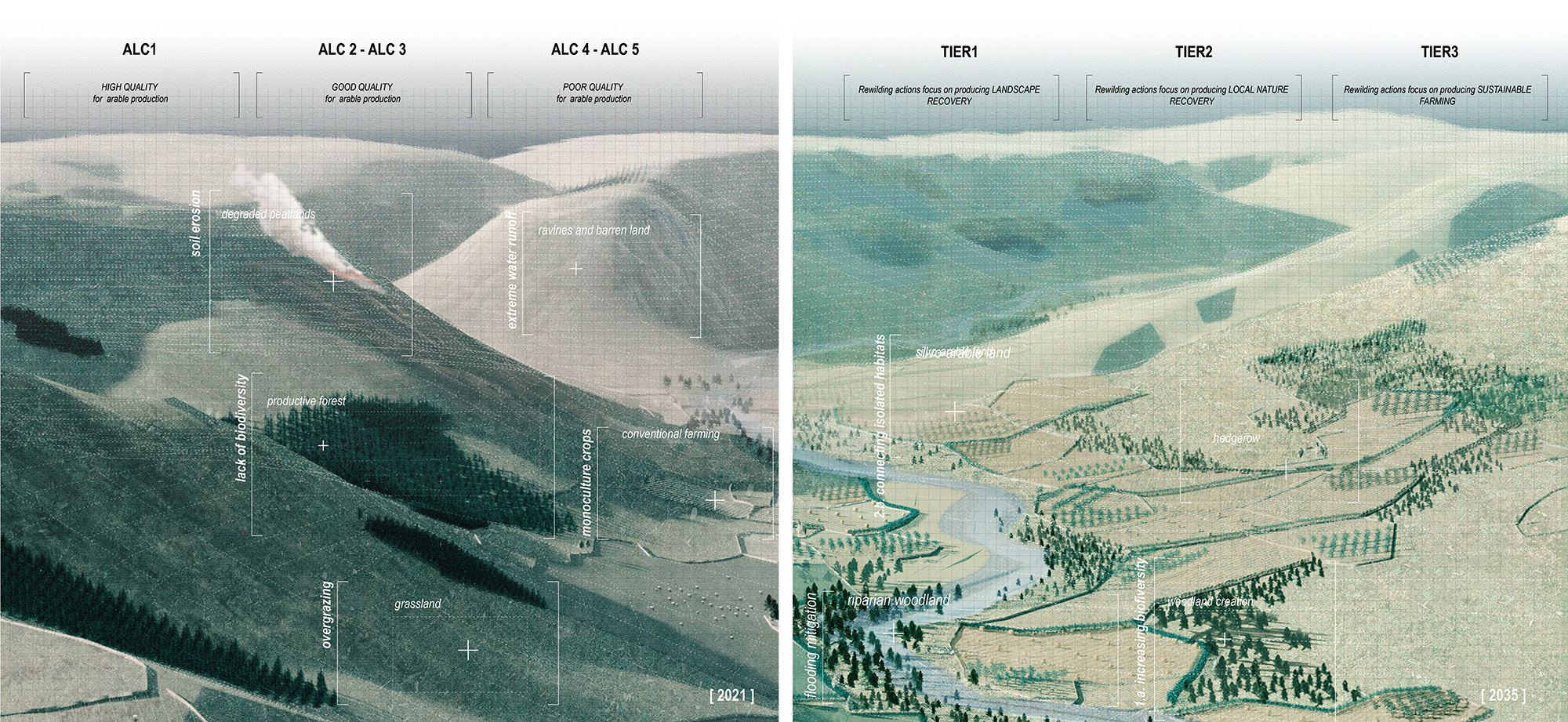
figs.xiv-xvi - Re-Wilding UK by Carlotta Olivari, Zhuqing Li & Yuanyuan Huang
A handbook to help engage local people was also proposed in Re-Wilding UK. Ongoing rewilding projects resulting from the UK’s new Agriculture Framework, itself based on the Environmental Land Management Scheme that replaced the Common Agricultural Policy as a result of Brexit, have created potential friction between how we ‘share or spare’ land for growing food or rewilding. To address this imbalance, Carlotta Olivari, Zhuqing Li, and Yuanyuan Huang proposed a gradient of rewilding actions to re-establish a reciprocal relationship between human and non-human processes.
Re-Imagining Agroecological Futures is a testament to the transformative power of interdisciplinary collaboration involving creativity, policy, and communication, that deftly explores the potential outcomes of complex policy applications in agriculture. It’s clear that the conversations that they had with the live projects had a considerable influence over the work on display – the creative illustrations, models, and diagrams showcased throughout the work in the exhibition captured the essence of sustainable practices, serving as a source of inspiration for coexistence between nature and the built environment.
All of the projects touched on themes of a just transition to an agroecological future with careful consideration on what that might look like, who it could impact and how local communities could be involved and brought along as part of the process. The research work of the Architectural Association’s Landscape Urbanism course is ongoing, with final iterations of work from Planet of Fields, Real Farming Engine and One Planet Wales shown at their degree show based at their London Campus in June 2024.
The Oxford Real Farming Conference brings together farmers, growers, activists, policymakers and researchers who want to transform our food and farming system. Founded in 2010 by Colin Tudge and Ruth West, ORFC has now grown into the largest annual gathering of the food and farming movement in the UK.
In 2021 the conference went global and attracted close to 5,500 delegates. In 2023 ORFC was hybrid for the first time, with in-person sessions in Oxford and an online programme for thousands to access across the world. The event will host over 500 speakers from 130 countries. Running alongside the long-established Oxford Farming Conference (OFC), ORFC was intentionally set up as an alternative viable and radical way forward to transform the food and farming system to one based on agroecological principles, food sovereignty and economic democracy.
At ORFC 2020, a focus on racial (in)justice and the (racist) food system came to the fore with keynotes by Leah Penniman and through the leadership of BPOC farmers and activists. This focus has continued and also influenced how ORFC organises - the ORFC Justice Hub is this year programmed in partnership with Shared Assets and Seeding Reparations. The ORFC team is committed to working for radical change through the equitable platform created through the conference and its networks.
www.orfc.org.uk
The Landscape Urbanism (LU) programme at the Architectural Association leads to either an MArch (16 months) or MSc (12 months) degree. It explores the role that design and designers – specifically architects, landscape architects and urban designers – can play when working within the field of policymaking. Contemporary planetary urbanisation is structured by policies that respond to the dominant capitalist system governing our societies, economies and ecologies, which in turn have been shaped by human relations of power, production and environment-making. LU explores design within and beyond normative aesthetic and performative proposals, as we confront the processes, landscapes and territories of planetary urbanisation and the environmental, racial, socioeconomic and health-related crises they have triggered. In this context, we design mechanisms that shape progressive policies, through which we can orchestrate and negotiate political and economic frameworks to avert the contemporary ecological crisis.
www.aaschool.ac.uk/academicprogrammes/postgraduate/landscape-urbanism
Luke Neve is a Sheffield based communications consultant
specialising in Architecture, Design and Culture. Luke is a Non-Executive
director of This is Rubbish, a CIC working to reduce industry and supply chain
food waste in the UK and beyond, using policy campaigns, education, the arts
and public events. In addition to the work he is also working towards an MSc in
Sustainable Food and Natural Resources at the Centre for Alternative
Technologies in Wales.
www.aaschool.ac.uk/academicprogrammes/postgraduate/landscape-urbanism


